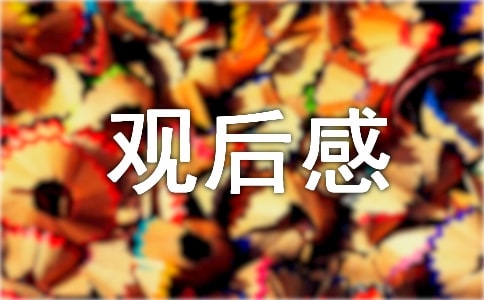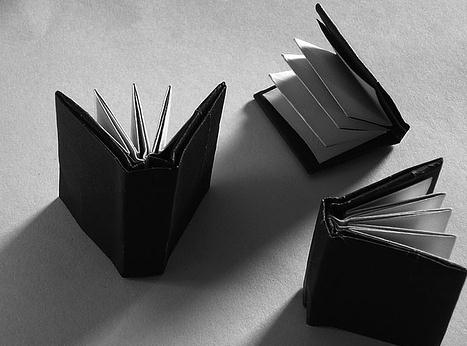下面是小编为大家整理的蝇王英语读后感,供大家参考。

First and foremost, as far as I am concerned, in exploring the breakdown into savagery of a group of boys free from the imposed moral constraints of civilization and society, Lord of the Flies dramatizes a fundamental human struggle: the conflict between the impulse to behave morally and the impulse to indulge in violence. The first set of impulses might be thought of as the 'civilizing instinct“, which encourages people to work together toward common goals and behave peacefully; the second set of impulses might be thought of as the 'barbarizing instinct“, or the instinct toward savagery, which urges people to rebel against civilization and instead seek anarchy, chaos, despotism, and violence.
What is more, I will present my opinion about the two main characters: Ralph and Jack.
Ralph is the athletic, charismatic protagonist of Lord of the Flies. Elected the leader of the boys at the beginning of the novel, Ralph is the primary representative of order, civilization, and productive leadership in the novel. Ralph’s power and influence over the other boys are extremely secure at first. However, as the book progresses and the group succumbs to savage instincts, Ralph’s position declines precipitously as Jack’s station rises. Ralph’s commitment to civilization and morality is strong, and his main wish is to be rescued and returned to the society of adults. For much of the novel, Ralph is simply unable to understa...
(想阅读全部图文内容,您需要先登陆!)







